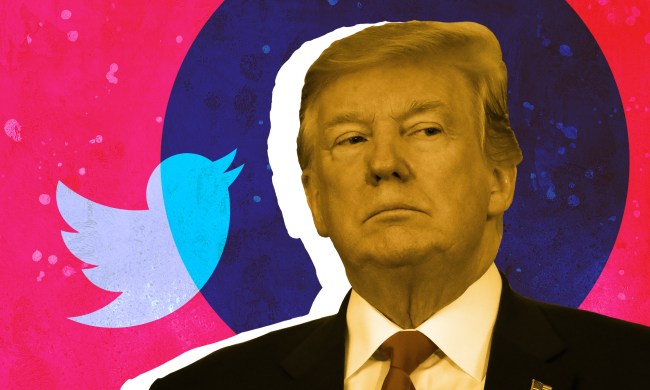
Announced in June, the proposal seeks to add social media username details to the arrival and departure forms that foreign nationals are required to complete. The DHS has previously stated that the policy would provide it with another tool with which to identify extremists entering the country.
A number of leading tech companies, represented by their main trade group the Internet Association, came out in opposition to the proposal on Monday, reports Politico. The firms — which include Google, Facebook, and Twitter — claim the DHS’ plans could “have a chilling effect on use of social media networks, online sharing and … free speech online.”
“Should the U.S. Government advance with the DHS proposal it is probable that other countries will make similar requests of visitors entering their country, including U.S. citizens,” the companies wrote in comments to the agency. “This will be true for democratic and non-democratic countries alike, including those that do not have the same human rights and due process standards as the U.S.”
In response, the DHS has emphasized that even if enforced the policy would only make it “optional” for travelers to provide their social media information.
Additionally, the draft rule is also facing criticism from a coalition of 28 rights groups. A letter addressing the DHS published on the Center for Democracy and Technology’s website states: “This program would invade individual privacy and imperil freedom of expression while being ineffective and prohibitively expensive to implement and maintain.” Other signees include the Electronic Frontier Foundation, the Committee to Protect Journalists, and the Consumer Federation of America.
The DHS has been under pressure to formulate a social media policy since the San Bernardino mass shooting, the perpetrators of which had been posting extremist content online in the lead-up to the attack. Initially, the “social media identifiers” sought by the DHS had been restricted to travelers with visa applications. The current proposal, however, extends the rule to apply to those travelling without a visa.


